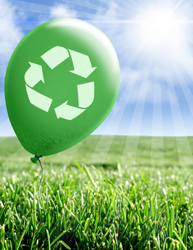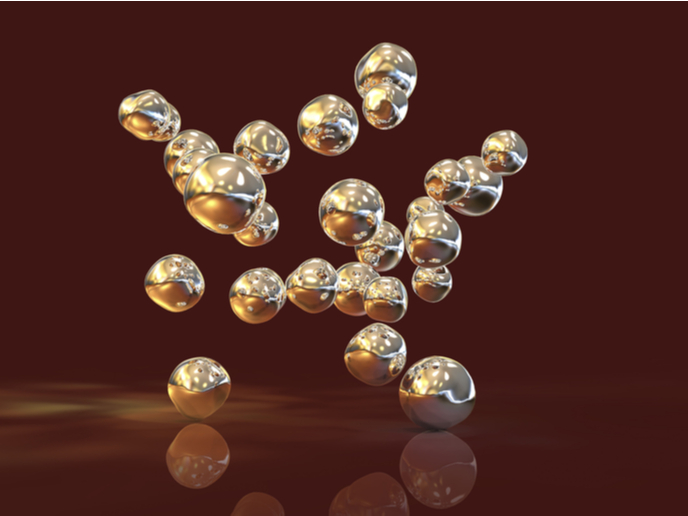Bringing recycling to the solar cell industry
Silicon (Si) is a primary ingredient in solar cells, which capture the sun's energy and convert it into clean electricity. Limited supplies of Si and other raw materials necessitate the development of a sustainable approach to solar cell production. A complete Life Cycle Analysis (LCA) of three different types of solar cells was performed in the context of an RTD project entitled SENSE. The types assessed include: amorphous silicon (a-Si), copper-indium selenide (CIS) and cadmium telluride (CdTe). The SENSE project coordinator, Universitaet Stuttgart, defined the various components of the LCA, such as the scope, inventory analysis, impact assessment and optimisation phase. Emphasis was placed on calculating the consumption of raw materials and energy resources as well as determining additional environmental impacts. A key feature of the SENSE LCA was the fact that it was based on data from actual working production lines, rather than simulations. Another innovative element was the research on the potential role that recycling could play in terms of reducing material and energy requirements. These findings will help drive the decision-making process regarding the choice of solar cell technologies for the future.







